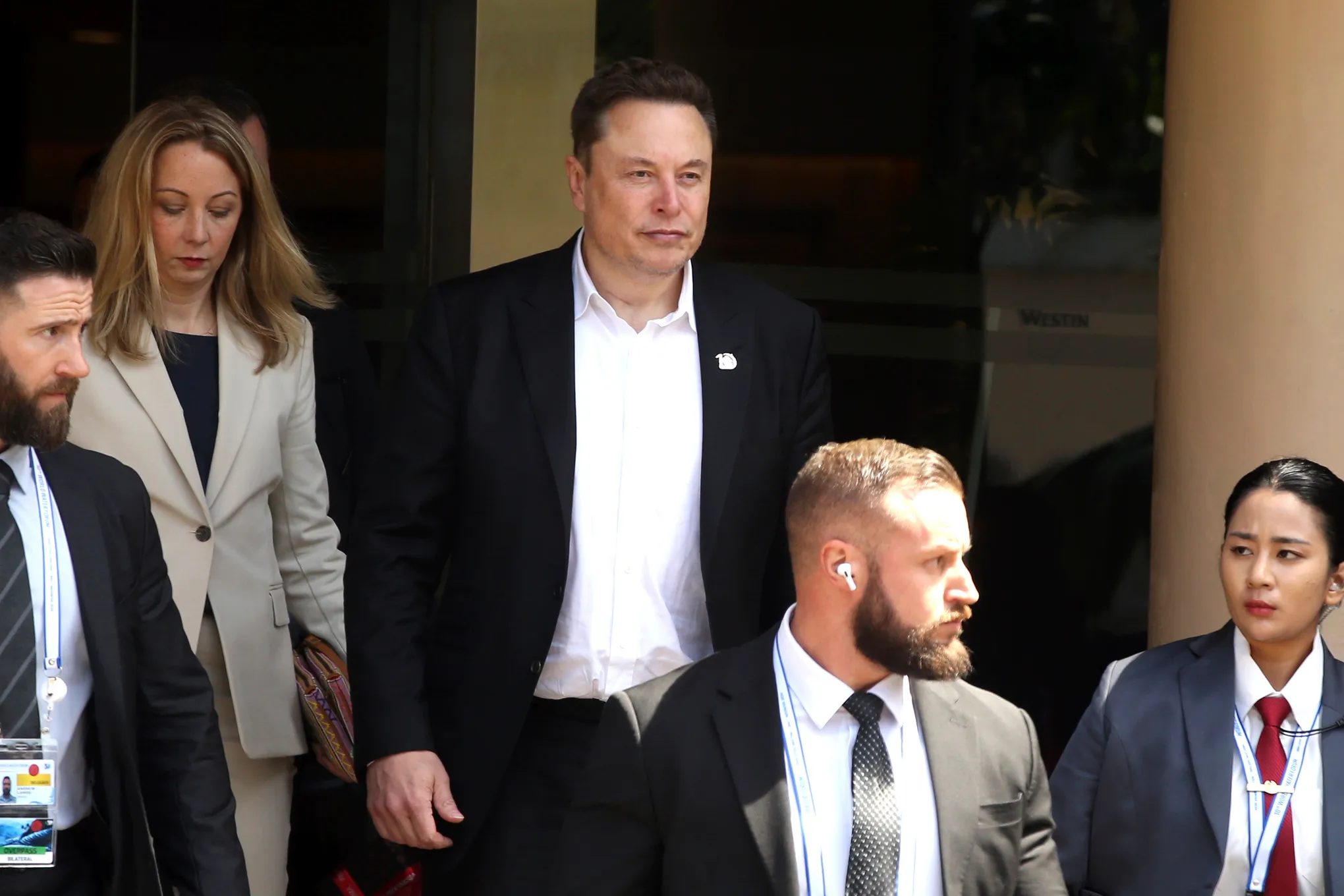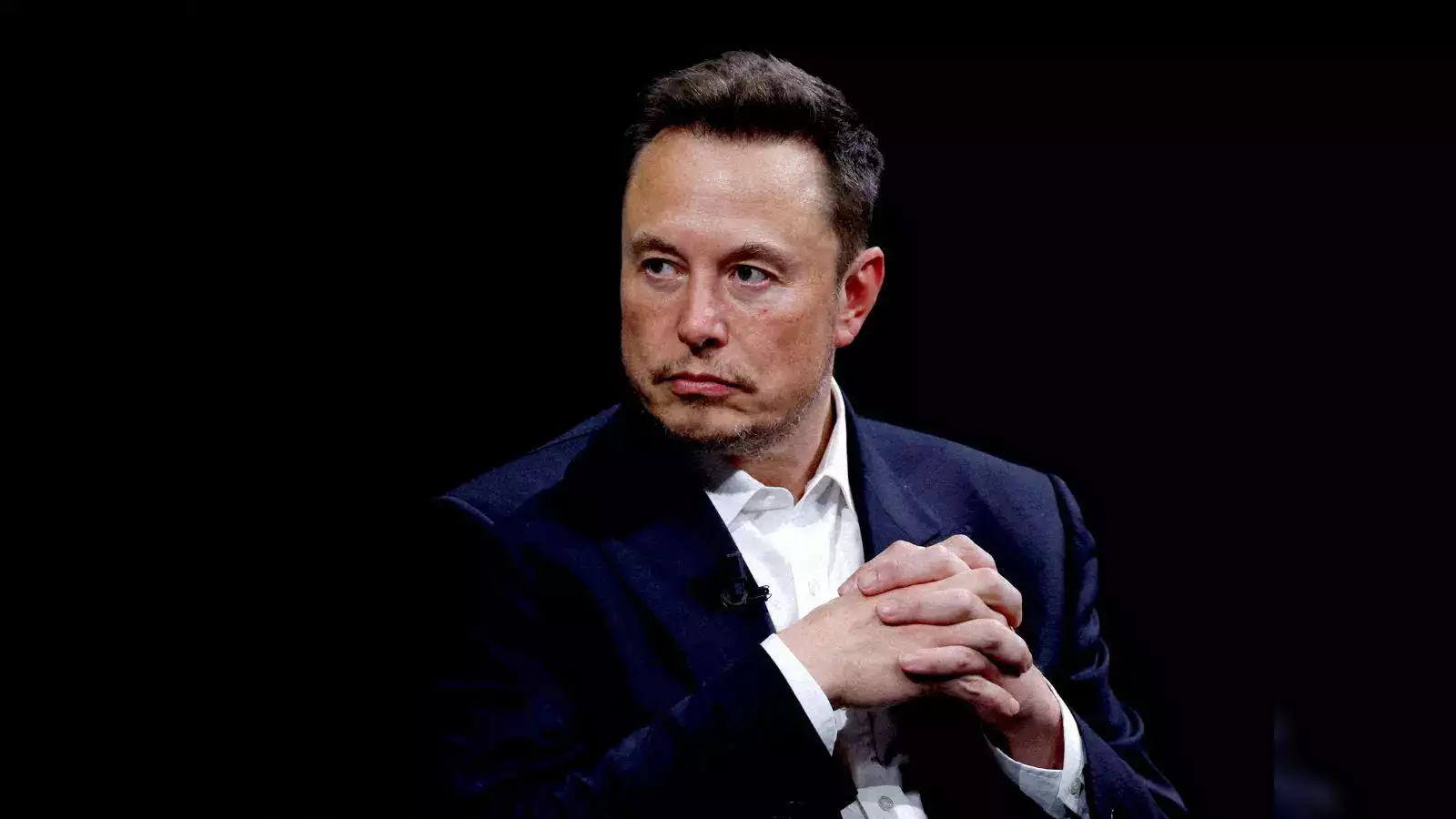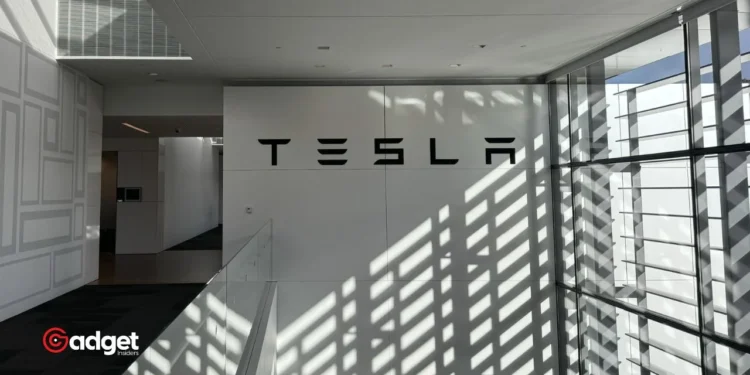In a bold move that has reverberated through the halls of corporate America, a vocal group of Tesla shareholders is challenging the status quo at one of the world’s most innovative automotive companies.
The crux of their concern centers around a proposed colossal $56 billion pay package for CEO Elon Musk and the re-election of board members perceived as too close to the visionary leader. The shareholders’ plea casts a spotlight on the intricate dynamics of corporate governance and accountability at Tesla.

Shareholder Discontent: The Call for Change
The dissent among Tesla’s investors surfaced publicly through a detailed letter disclosed in a recent SEC filing. Key figures like New York City Comptroller Brad Lander, SOC Investment Group, and Amalgamated Bank spearhead this shareholder rebellion. Their grievances are multi-faceted, reflecting deep-seated worries about the board’s independence and the company’s direction under its current leadership.
Questioning Board Integrity
At the heart of the shareholders’ concerns is the composition of Tesla’s board itself. James Murdoch and Kimbal Musk, significant figures on the board, are under scrutiny. Murdoch, known for his familial ties and vacationing with the Musk family, alongside Kimbal Musk, Elon’s younger brother, are seen as potentially compromised in their capacity to oversee Elon Musk effectively.
The letter explicitly highlights incidents reported by The Wall Street Journal, which allege substance use among board members, including CEO Musk. This portrayal of compromised decision-making paints a stark picture of a board potentially ill-equipped to challenge its CEO on tough corporate issues, from strategic decisions to ethical practices.
Financial and Ethical Concerns
Further complicating the landscape are the financial and ethical shadows overhanging the company. The shareholder group is particularly alarmed by the impact of Musk’s behavior on Tesla’s financial health, including his controversial posts on the now-renamed platform X and various legal challenges facing the company. Among these are a notable class-action lawsuit involving 6,000 Black employees citing racial discrimination, and persistent reports of workplace safety issues at Tesla’s factories.

The Upcoming Vote: A Defining Moment
With the shareholder vote scheduled for June 13, the stakes are high. The outcome could dictate not only the future of Musk’s compensation but potentially reshape the governance structure at Tesla. This pivotal moment is set against the backdrop of a 2018 judgment by a Delaware judge who struck down Musk’s original pay package, citing unfair influence over the board due to his close relationships.
Conclusion: Tesla at a Crossroads
As Tesla approaches this critical juncture, the broader implications for corporate governance and ethical leadership are clear. The unfolding drama will serve as a case study in balancing visionary leadership with the rigorous checks and balances that sustain corporate integrity and shareholder trust.

The challenge for Tesla’s shareholders and its board is not merely about numbers on a balance sheet but about the very ethos that will guide the company into its next phase of growth or potential stagnancy. As this narrative unfolds, the eyes of the world will be watching, waiting to see how one of the most closely watched boards in modern corporate history responds to the call for greater accountability and transparency.










